OPINION: A wake-up call – addressing ethical AI in the nonprofit sector
Critical Fundraising
JULY 10, 2024
So, you’re using AI ‘responsibly’, but, asks Cherian Koshy , are you using it ethically? I use that word – ‘ethical’ – intentionally and with priority. Far too often, we dispense with ethics because it seems too obscure or fluffy. Ethical challenges don’t disappear via semantic legerdemain.

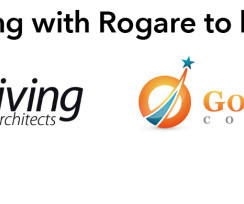
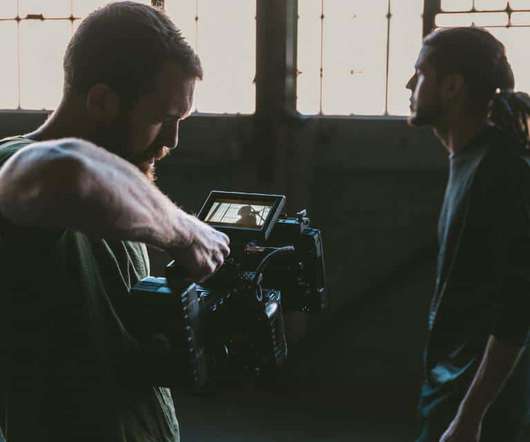


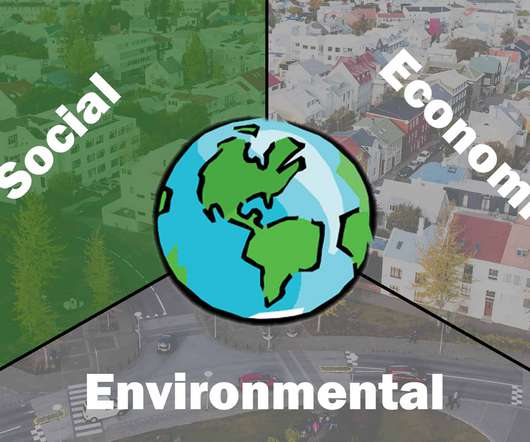
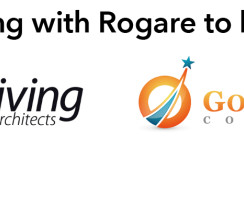
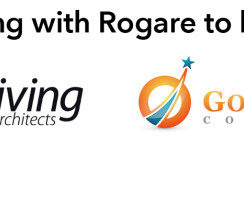
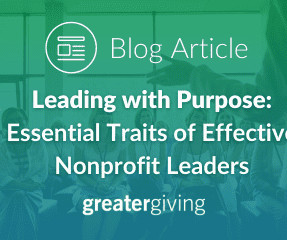
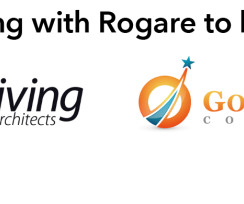


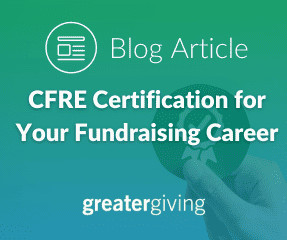

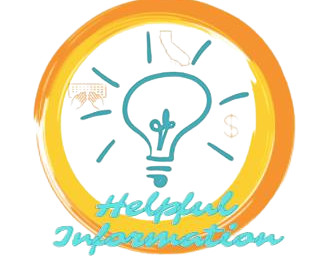










Let's personalize your content